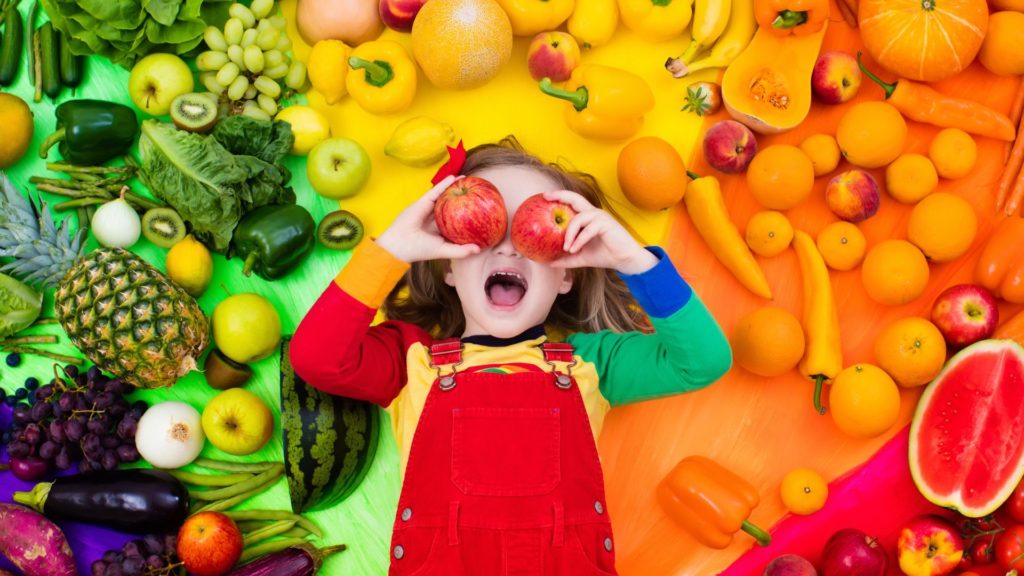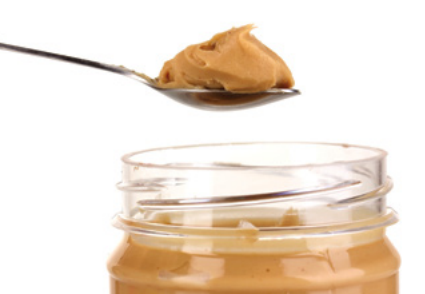Q: What do you recommend for vitamins for kids? Gummies? Flintstones? And at what age should we start?
A: For children older than 1, in general, the American Academy of Pediatrics doesn’t recommend vitamin supplements. It’s thought that if otherwise healthy children are eating a normal, well-balanced diet, they’re receiving what they need of required vitamins and minerals.
However, the AAP does recommend a daily supplement of 400 IUs of vitamin D starting just after birth.
This can be administered with supplemental vitamin D drops for breastfed and partially breastfed infants.
For formula-fed infants, as well as older children, if they’re taking in less than 32 ounces of vitamin D-fortified formula or milk, they should also receive 400 IUs of supplemental vitamin D.
This supplemental amount of vitamin D holds true into the adolescent age. At this age, teenagers may also be lacking in their daily need of dietary calcium, iron and zinc intake.
Ideally these daily recommended amounts are met by a balanced diet. But if teenagers have a poor diet or have specific metabolic needs (high athletic demands), they may need further supplement. (Discuss these concerns, or specific needs with your health-care provider.)
As for multivitamins, I don’t usually recommend them.
I know that at times you may wonder if your child is getting a normal, well-balanced diet.
Especially as toddlers transition out of the infant stage, their appetites can become much more erratic. It’s always good to remember that their growth is changing from a stage of more rapid, constant growth to one that progresses more in spurts.
Because of this, their appetites will seem to fluctuate in spurts as well. It’s quite common that a toddler will seem to eat voraciously for a whole day and then not seem to need any food the next.
The key is to continue to offer healthy, well-balanced options and over time your child will continue to eat a well-balanced diet.
If you think your child is a very picky eater or has abnormal eating habits, I would definitely recommend you discuss these concerns with your pediatrician.
There can be instances where children are on such selective diets — either through their own limited choices or family preferences (such as vegetarian or vegan) — that vitamin supplementation may be needed to help support proper growth and development.
A very important thing to remember about vitamins is that they are drugs. There is such thing as too much of a good thing.
It’s possible to overdose on vitamins. Some contain iron, which can be toxic in high doses. Vitamin overdose effects can include nausea, rashes, headaches or even more severe, potentially non-reversible ill effects.
I caution this especially with vitamins made for children, such as gummies or Flintstones. These are manufactured to taste good to children, so the child may think of them as candy. They may attempt to eat as many as they can.
If you do decide to have supplemental vitamins in the house, I would recommend storing them in the same childproof location as you store your other medications.
Kimara Gustafson is a Minneapolis mother who works as a pediatrician at M Health Fairview Masonic Children’s Hospital and the Adoption Medicine Clinic, both at the at the University of Minnesota.
This article has been edited to include up-to-date information on vitamin D supplementation.






















